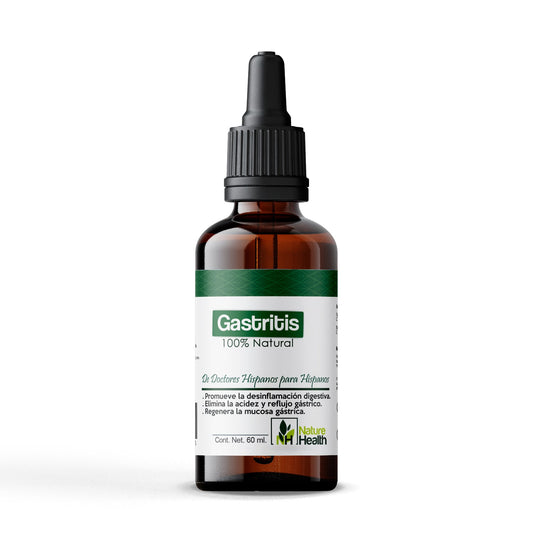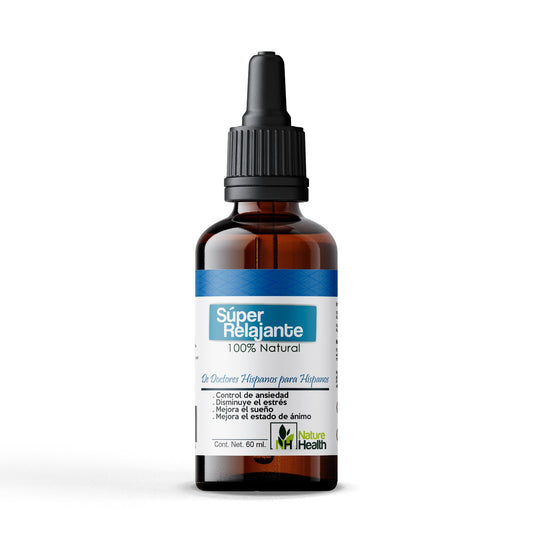Anxiety is a common disorder that affects millions of people around the world. Its symptoms can range from a general feeling of worry to debilitating panic attacks. While there are many ways to address anxiety, such as therapy and medication, an important strategy that is often overlooked is nutrition. What you eat can have a significant impact on your anxiety and mood. In this article, we will explore how a balanced diet and the incorporation of specific foods can influence anxiety and emotional well-being.
The link between nutrition and anxiety
The connection between diet and mental health is increasingly evident. The food you eat provides the nutrients needed to keep your body in balance, including your brain. In fact, the brain is a highly active organ that requires a significant amount of energy and nutrients to function optimally. When not provided with proper nutrition, the brain can experience chemical imbalances that affect mood and anxiety.
Foods that can help reduce anxiety
- Omega-3: Omega-3 fatty acids, found in fatty fish such as salmon, walnuts, and chia seeds, may help reduce inflammation in the brain and improve cognitive function. Studies have shown that omega-3 intake may be related to a lower incidence of anxiety disorders.
- Foods rich in tryptophan: Tryptophan is an amino acid precursor to serotonin, a neurotransmitter that influences mood and anxiety. Foods like turkey, eggs, and dairy can increase tryptophan levels in the brain.
- Leafy greens: These vegetables, like spinach and broccoli, are rich in magnesium, which plays a role in regulating stress and anxiety. Lack of magnesium can increase susceptibility to anxiety.
- Nuts and seeds: Almonds, walnuts, and pumpkin seeds are sources of magnesium and also provide healthy fats and proteins that can help keep blood sugar stable, preventing spikes and drops that can contribute to anxiety.
Foods to avoid or limit
- Refined sugar: Refined sugars and processed foods that contain them can cause fluctuations in blood sugar levels, often resulting in mood swings and anxiety.
- Caffeine: Excess caffeine can cause nervousness, insomnia and increase feelings of anxiety in some people. Limiting your consumption of coffee and energy drinks can be beneficial.
- Alcohol: Alcohol is a central nervous system depressant and, if consumed in excess, can increase anxiety, especially during withdrawal episodes.
- Junk and ultra-processed foods: These foods are often low in nutrients and can contribute to inflammation and chemical imbalances in the brain.
Conclusion
The relationship between eating and anxiety is a growing area of research and understanding. Although nutrition alone is not a miracle cure for anxiety, it can play an important role in symptom management and prevention. A balanced diet that includes foods rich in omega-3s, tryptophan, and other essential nutrients can be a valuable tool in your fight against anxiety. Don't hesitate to consult a health professional or dietitian for specific guidance on how to adjust your diet to improve your emotional well-being. Remember that taking care of your body is a fundamental part of taking care of your mind.







